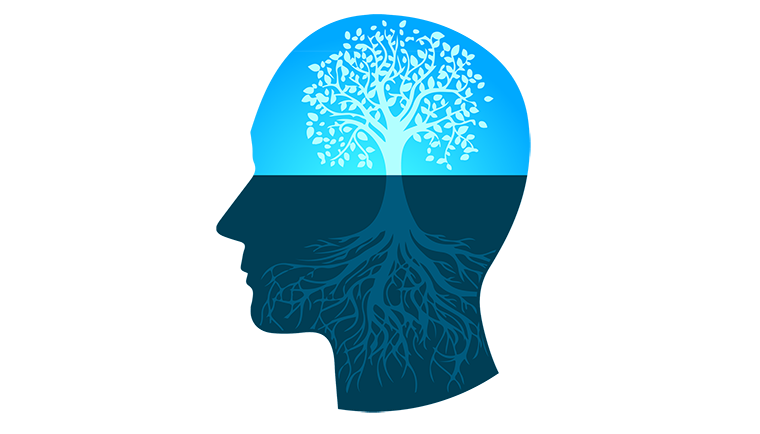Causality has always been a central topic in human thinking and in its various undertakings and activities. It entails that when we know the causes and factors that affect a particular problem, then it is to our interest to study and quantify the interactions and relationships of these factors to their outcome. Thus, if some of these factors change, it will be possible to predict (with the use of the established relationship between causes and effect) the quantitative changes and the effects on their outcome. Such a relationship of causality may have the same form with no (or small) changes in relation to time for physics or biology.
In 2018 there is a journal about "Effectiveness of a Growth Mindset in Education" conducted by Sarah Zintz. A journal that explores the literature review on the influence of "Growth Mindset" on education. Many literature reviews say that the Growth Mindset will affect a person's level of learning. As example, Dweck (2006) said, suggests that a growth mindset evolves from an attitude of hard work, learning, training, and perseverance. Growth mindset is learning, growing, and hard work despite setbacks. Students with a growth mindset view failures as potential chances for instructive feedback and are more likely to learn from mistakes. Research by Claro and Paunesku (2014) revealed that students who demonstrate a growth mindset performs betters than students with a fixed mindset, significantly outscoring them in the areas of math and literacy. Students are more likely to recognize the importance of effort and academic success. Students will seek out challenging academic tasks to enhance learning and value critical feedback.
Based on that explaination from Mrs. Zintz, it is true that Growth Mindset involve on Education and Learning level of student? Let's check out.
